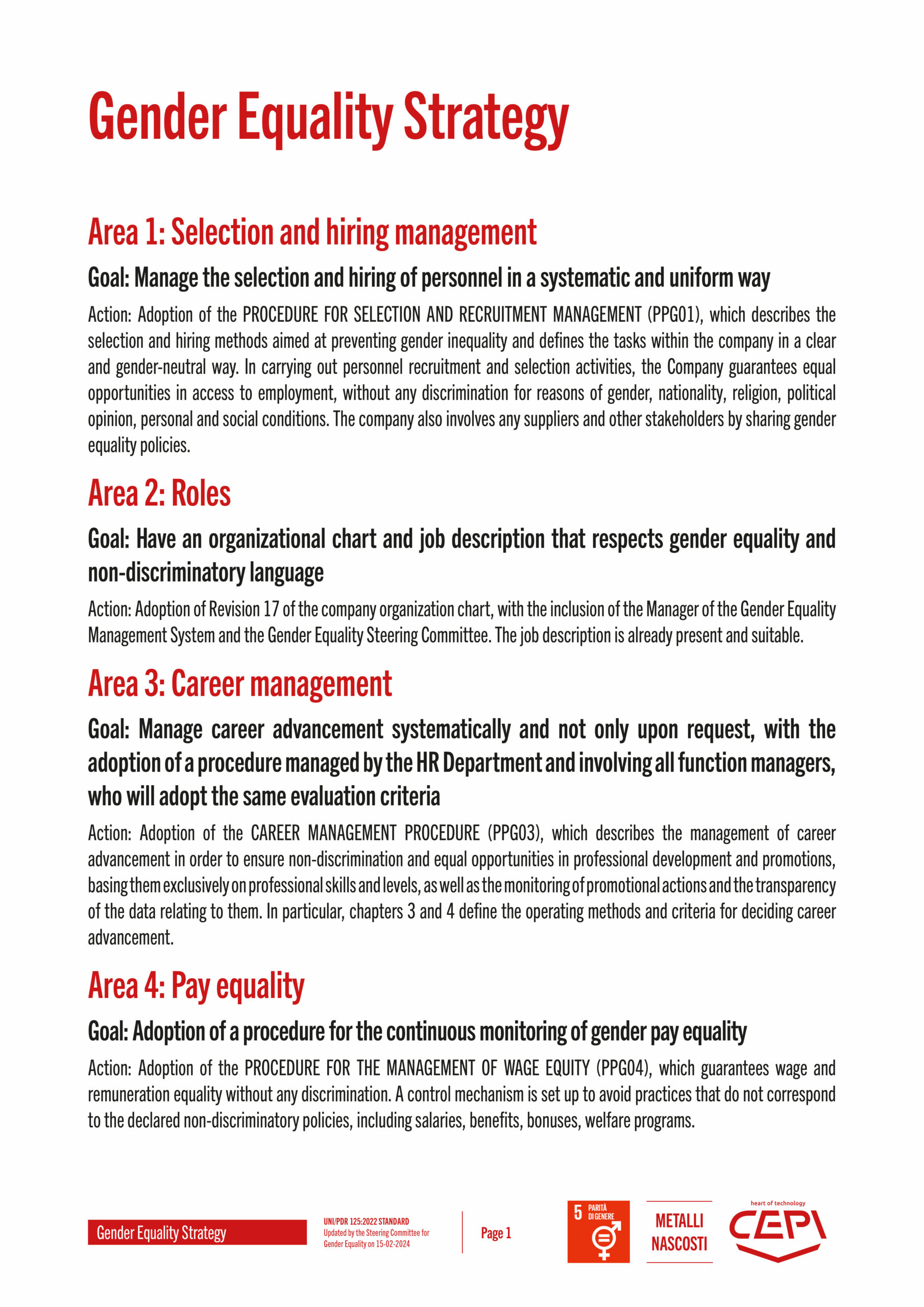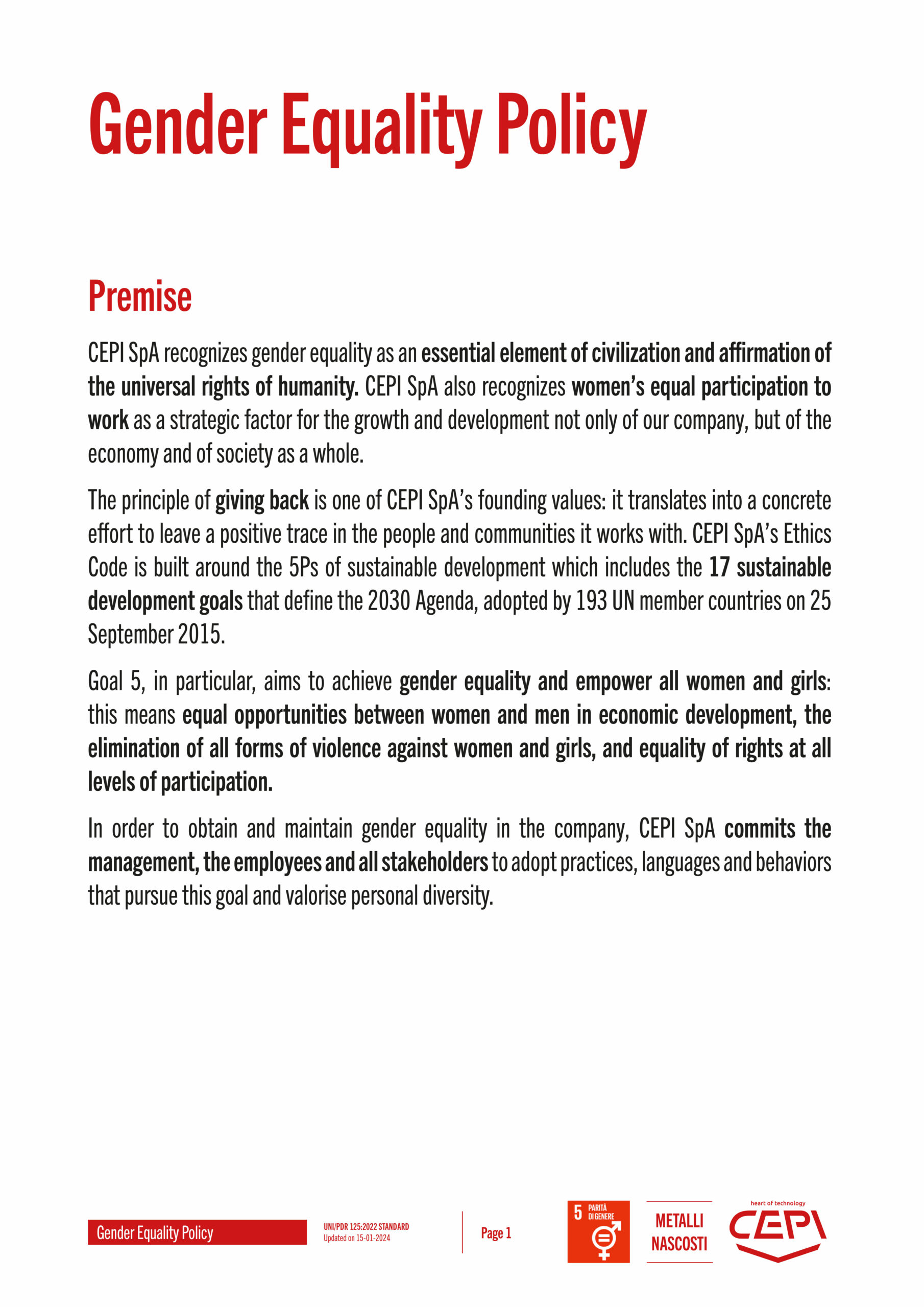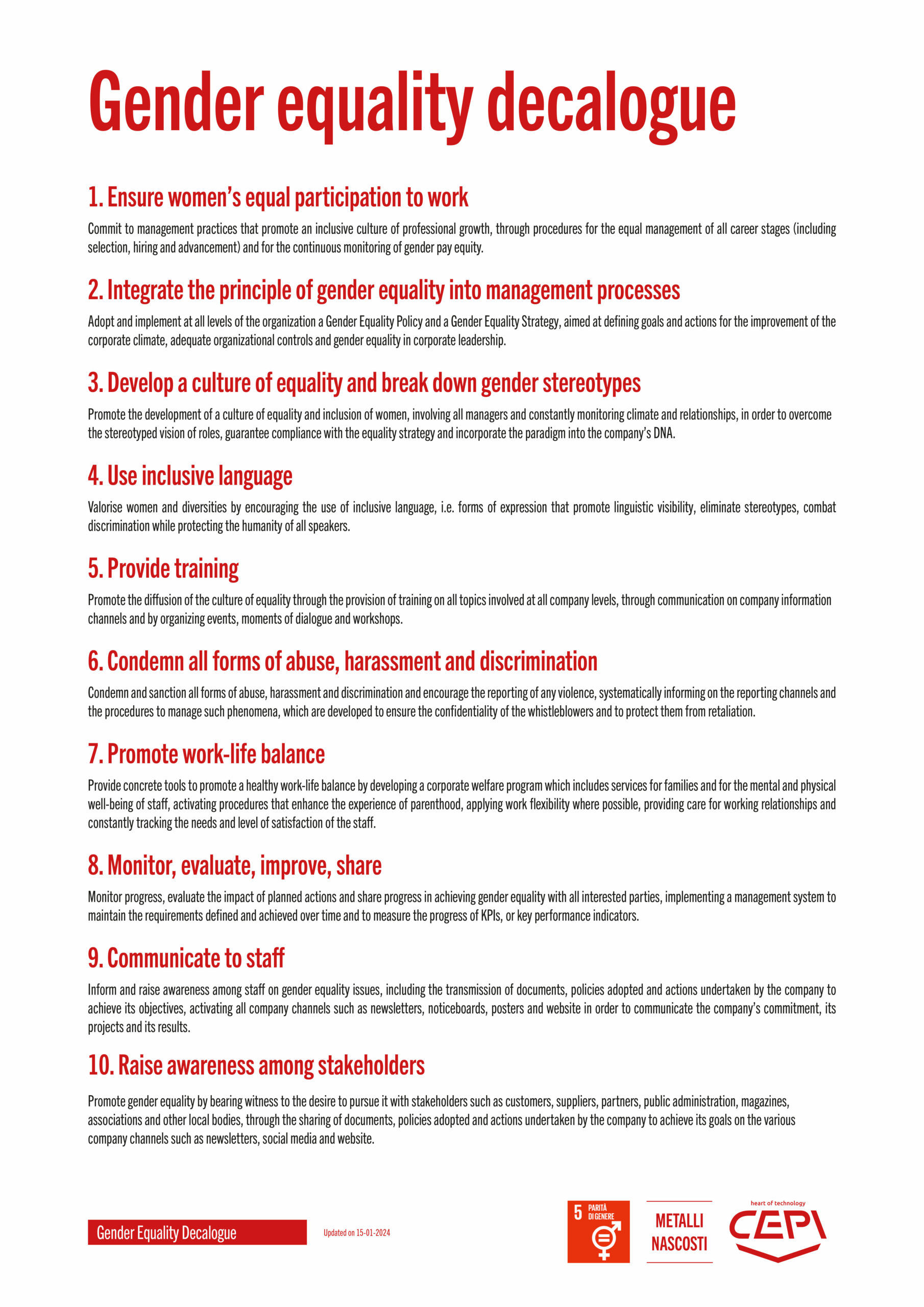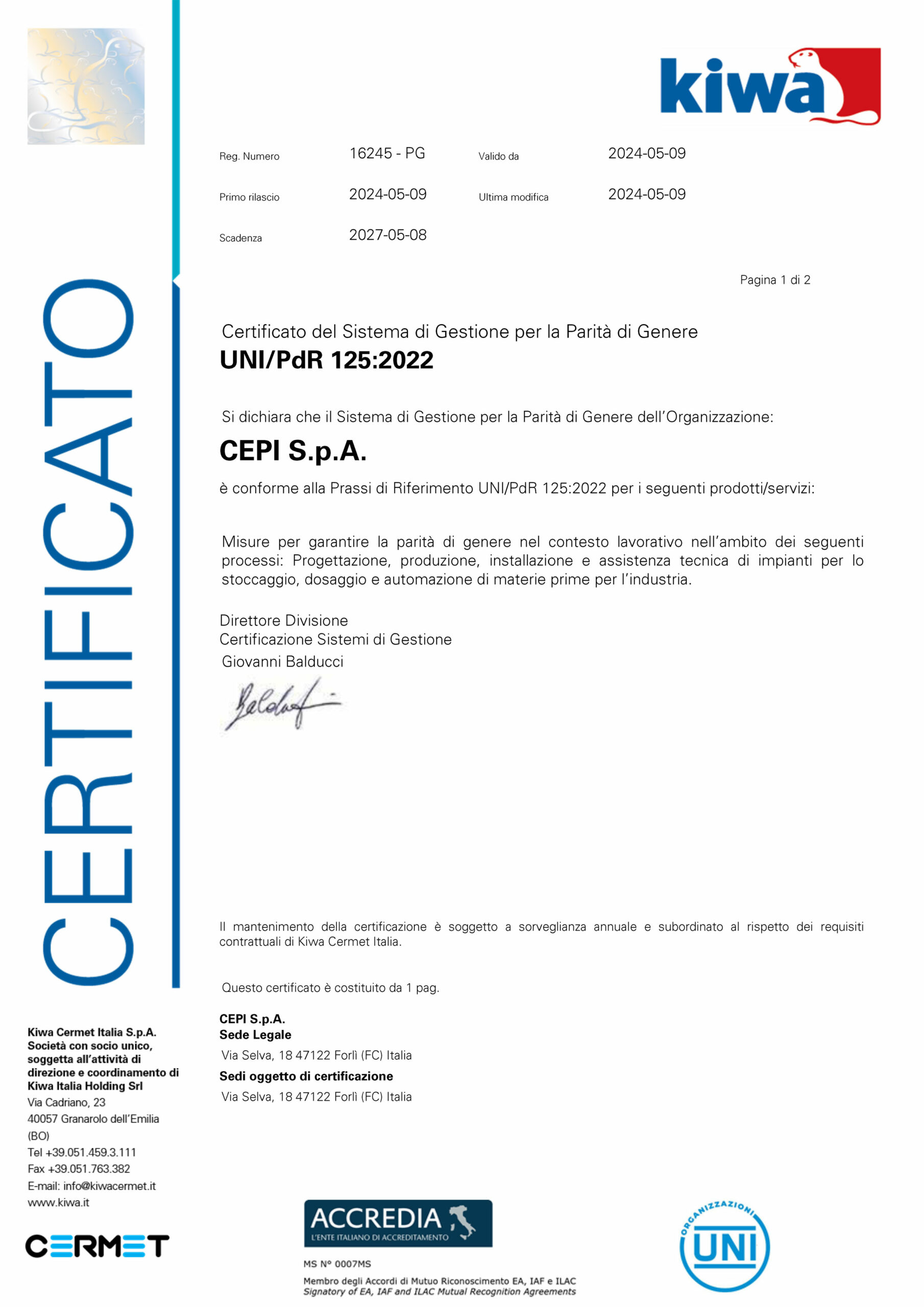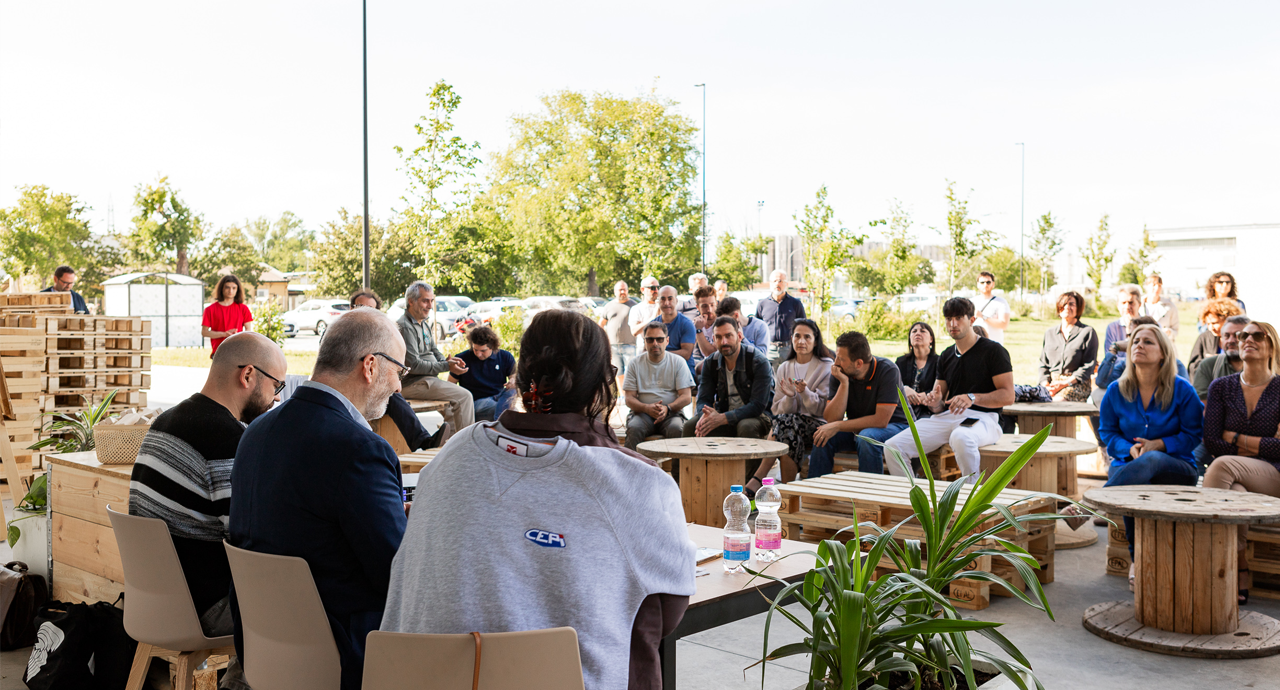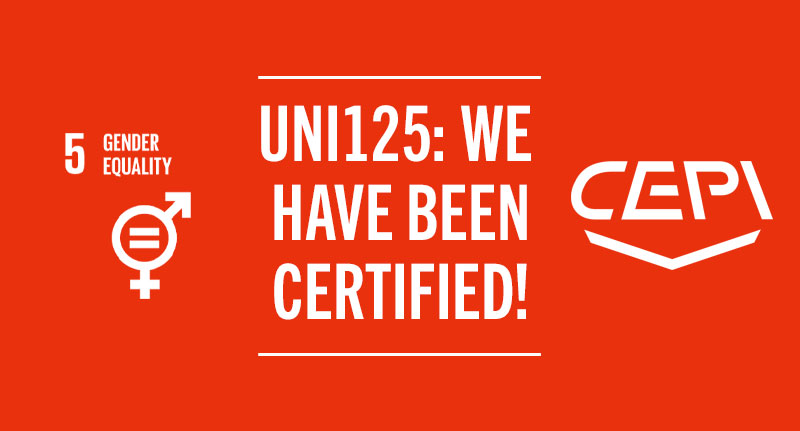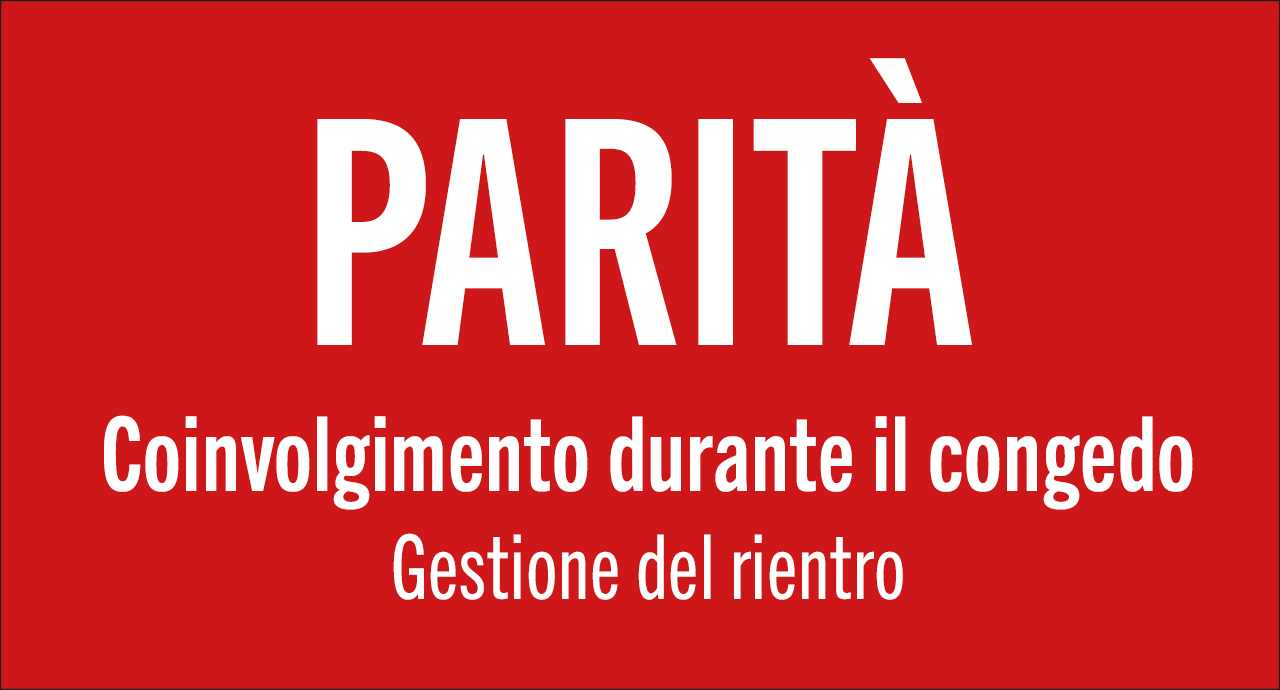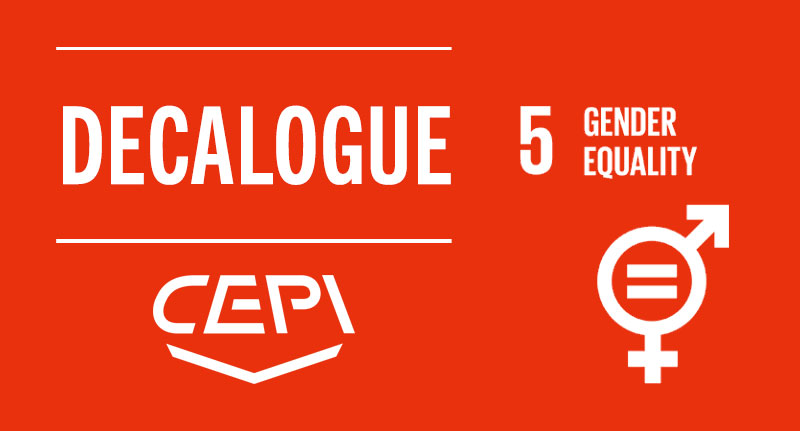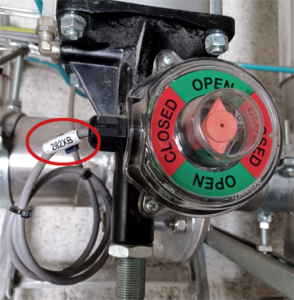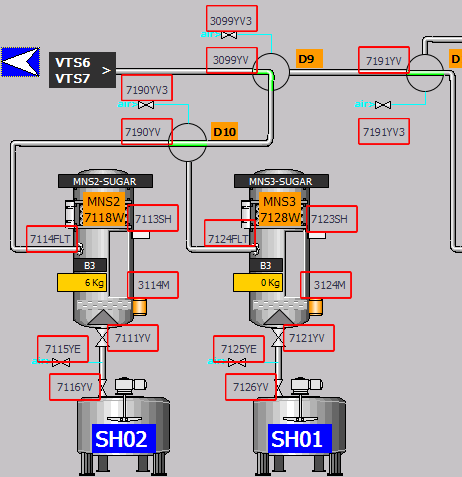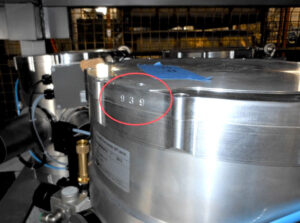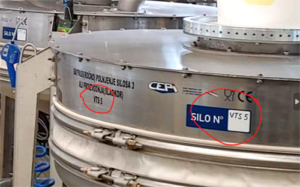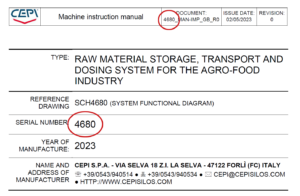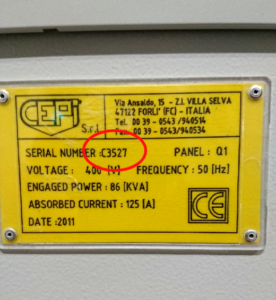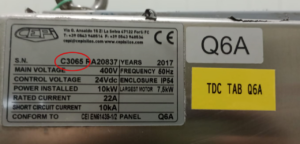All women and girls
Gender equality
Goal 5 of the 2030 Agenda aims to achieve gender equality and empower all women and girls: this means achieving equal opportunities between women and men in economic development, eliminating all forms of violence against women and girls and ensuring equal rights at all levels of participation.
CEPI has embraced the objectives and common language of the 2030 Agenda, adopted by 193 UN member countries on 25 September 2015, in order not only to participate in the great global effort for the transition to a sustainable development model, but to communicate the motivations behind our actions in a simple and effective way. CEPI’s Code of Ethics is built around the 5Ps of sustainable development in which the 17 objectives of the 2030 Agenda are grouped: People, Planet, Peace, Prosperity and Partnership. And it is the fifth among these objectives that exemplifies our policy regarding gender and inclusion: we recognize gender equality as an essential element of affirmation of the universal rights of humanity, and the equal participation of women in work as a strategic factor for growth and development not only of the company, but for the economy and society as a whole.

CEPI has historically recognized the numerous barriers to equality that women face inside and outside the workplace, and their difficulty in balancing work and personal life. The BLU DONNA project, active since 2019, provides additional welfare services dedicated only to female workers and aimed at improving work-life balance. In 2023, we have chosen to develop a Policy and a Strategy to identify new actions that should be implemented, to formalize and systematize the existing ones, and to communicate both, in the profound belief that word, visibility and normalization are fundamental steps for achieving truly equal participation.
Our actions belong to 10 major areas: Career Management, Process Management, Pay Equity, Parenting and Care, Work-Life Balance, Prevention of Abuse and Harassment, Psychophysical Wellbeing, Training, Management and Communication System. The long introspection and great work we carried out to define the Strategic Plan have converged in a Decalogue, which aims to summarize our vision and our commitment in ten simple points, in the hope that it will be welcomed and shared by our partners.
Metalli Nascosti
The CEPI program
The DNA study of bones found in the Viking grave Bj 581 (belonging to the archaeological site of Birka in Sweden) confirmed that they belonged to a woman. For a long time, historians took for granted that it was a man, given that the presence of weapons indicated, in their opinion, the burial of a warrior. In the same way, archaeological research in recent years has debunked the myth that in prehistoric societies men hunted and women harvested crops. According to a recent study conducted by Abigail Anderson of Seattle Pacific University together with a team of international scientists, in prehistoric societies 79% of women hunted, including mothers.
In the past, in the present and in the future. Hunters, warriors, metalworkers. We have always been there, and we will always be, beyond the spaces and roles that society wants to assign to us. Visibility and participation have a real impact on women’s lives, and are fundamental factors in the cultural changes that accompany their emancipation, in the social, economic and political spheres, in public and private relations. In CEPI, we have decided to talk about hidden metals, celebrating the presence and contribution of women in a sector, the metalworking one, which has always been associated with the male sphere.
Metalli Nascosti (hidden metals) is the name of a project that, in addition to the BLU DONNA program, includes more moments of dialogue, investigation, awareness-raising and growth. The acquisition of the UNI/PDR 125 guideline was an opportunity to draw up a real action plan, aimed at making the corporate culture increasingly inclusive. Processes, control mechanisms, training: we hope to be able to work together on this and much more in the coming months, creating tools to support women not only at work, but in their personal life as well.
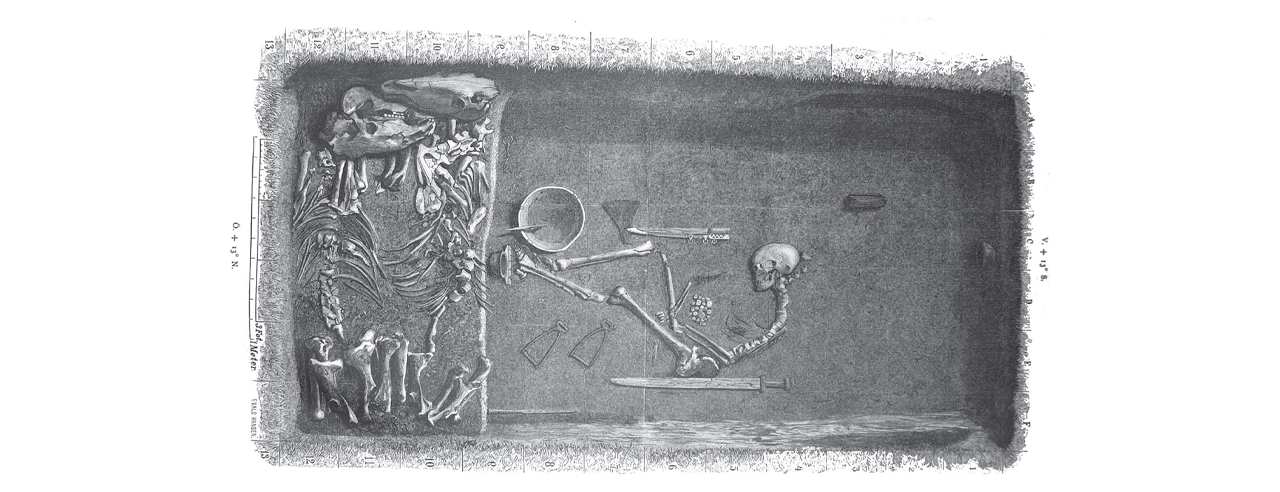
Tomb Bj 581 of the Birka archaeological site, illustrated by Hjalmar Stolpe in 1889
Documents
Certification according to the PdR UNI 125 standard
Following an audit held on 29 and 30 April 2024, we obtained the certification according to the PdR UNI 125 standard, the Reference Praxis for gender equality in organisations. It involves the measurement, reporting and evaluation of gender-related data in organizations with the aim of bridging the gaps that currently exist as well as incorporating the new paradigm relating to gender equality into the DNA of organizations and producing sustainable and lasting change over time.


